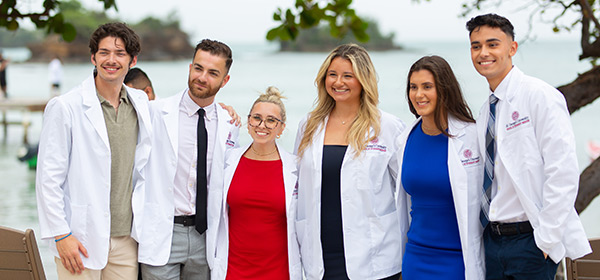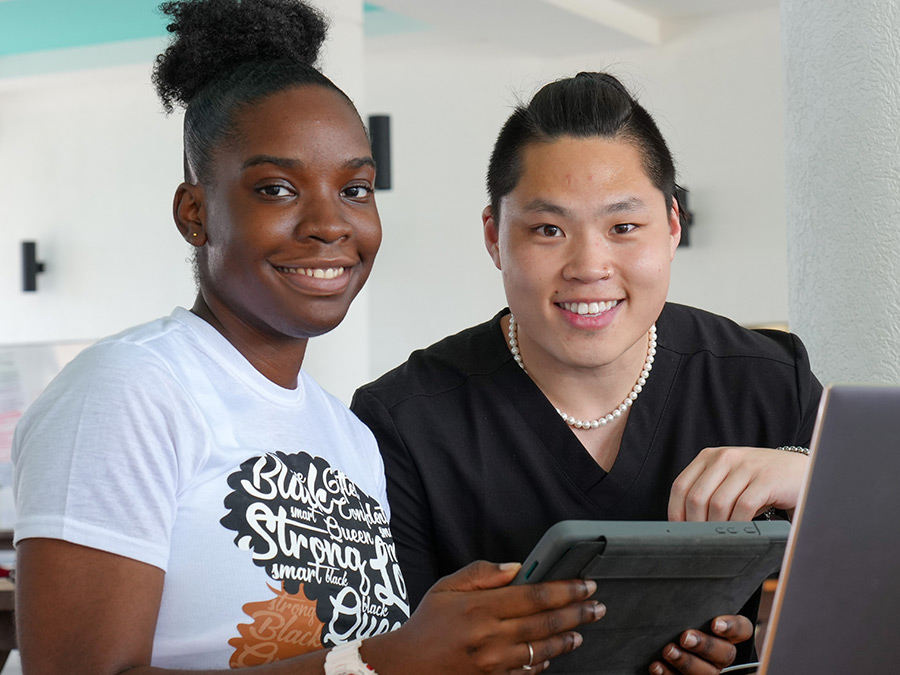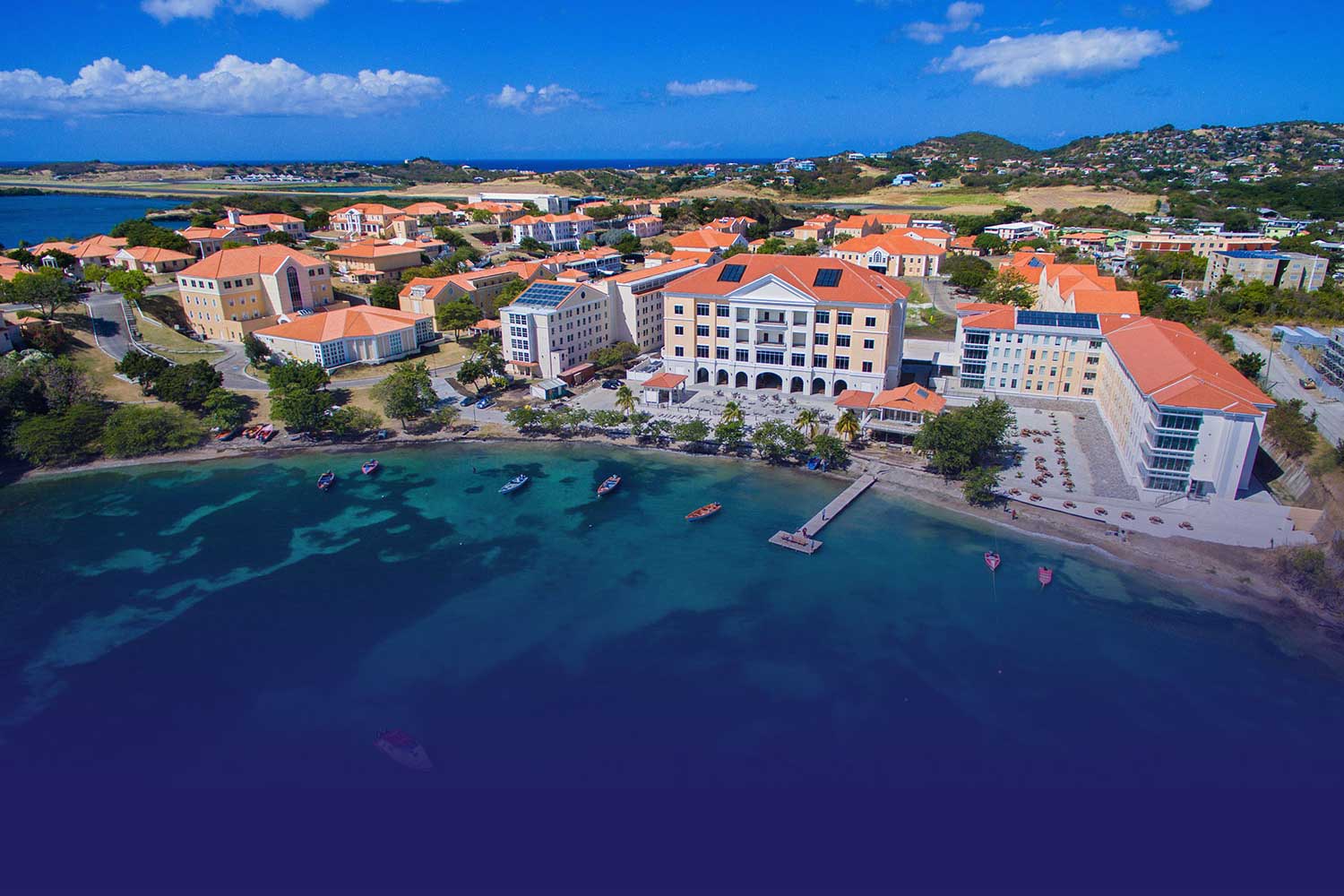A dual DVM/MSc or stand-alone (MSc) degree program is offered in Veterinary Anatomy within the Anatomy, Physiology & Pharmacology Academic Program of the School of Veterinary Medicine. It is designed to broaden and deepen knowledge in anatomy for those students who are already enrolled in the DVM degree program, and who have the potential to combine the requirements for both degrees during the first three years of the DVM degree program or to train veterinarians or other scientists, in the basic aspects of gross anatomical, histological and developmental sciences, with particular emphasis on areas relevant to veterinary anatomy, in order to be able to enter a career in teaching and research and/or to be able to undergo a Ph.D. degree program by building upon the foundation already established at the M.Sc. level, in any of these basic anatomical areas.The broad areas of studies in Veterinary Anatomy include, but are not limited to, aspects of gross anatomy, histology, embryology and developmental biology, cytology, neuroanatomy, comparative and avian anatomy, and histochemistry. The requirements for admission into, and for the successful completion of, the degree program, are as prescribed by the School of Graduate Studies of the St. George’s University.








